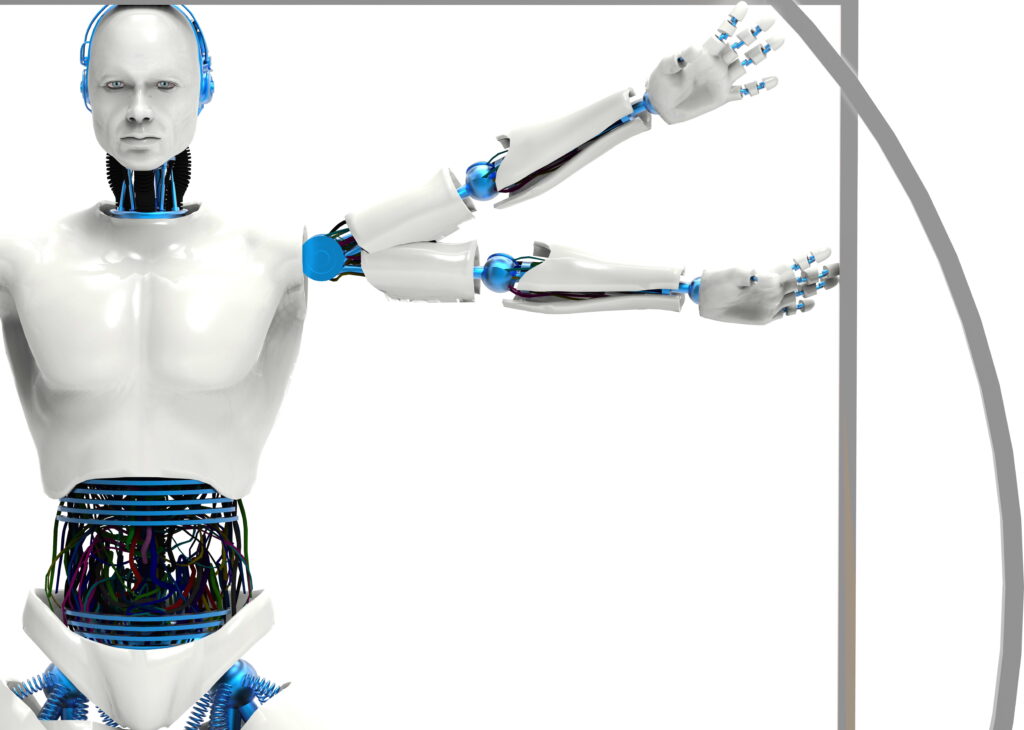
A picture tells a thousand words.
But if the writer is good, they won’t need that many words.
Ian McEwan, author of Machines Like Me (2019), needed just fourteen to grab my attention more than any picture could.
Sometimes, a sentence will jump off the page and accost me with its brilliance. It grabs my face and demands that I read and re-read it, say it in my head, say it aloud, say it aloud in my head.
I can’t move on until I’ve written it down. I don’t know what the writing down achieves – sometimes it’s just scribbled on a scrap of paper – but I feel that I have to do something about the sentence I’ve just experienced. I can’t move on until I’ve done something.
For the sentence I’m thinking about, McEwan is inside the mind of his main character, Charlie. Charlie is in love with Miranda, who lives in the flat above his. They have a relationship, of sorts, but he has not yet told her that he loves her, and she shows no signs that she sees him as more than “just another man”.
And it’s driving him crazy.
“I refused the obvious, that her distance was the whip that drove my longing.”
That’s it. Fourteen words.
Fourteen words that portray the refusal to acknowledge love unrequited, employing the imagery of a beast driven by whips to describe the protagonist’s yearning for the woman upstairs.
Her distance was the whip that drove his longing.
Find me the picture that tells that story.
I read a lot, and it’s writers who can stop me mid-sentence with a seismic turn of phrase who stand out for me.
Machines Like Me is the first Ian McEwan book that I have read, and I don’t think it will be my last.
Nonfiction is my preference, probably because it deals with things that are real.
No, that’s not it. When I think about it, that reason for preferring nonfiction falls short.
A lot of the fiction I like explores reality, too. The fiction authors that I enjoy reading are the ones that portray the human condition, the tangled webs we weave, and the complexities of the mind.
Dystopian fiction
Dystopian fiction is my current fiction genre of choice. Somehow, I missed it all during my formative years, so I’ve been playing catch-up.
I can now ask, “have you read Nineteen Eighty-Four? Animal Farm? Brave New World? Fahrenheit 451?” and highly recommend those books to people who haven’t yet read them.
Perhaps the urgency to read such books is greater these days, because in many cases much of what was written about is on the verge of coming to pass. Or has already happened in some form or other.
Reading those novels for the first time in the twenty-first century leaves me in awe of the prescience of the authors who wrote them over half a century earlier. (“How did Orwell know?”)
Reading such novels in 1984 as required reading for class may have left me impressed with the writers’ imaginations, or just focused on finishing the books quickly in time to write the essay. If I would have given them much thought at all as a teenager.
A brief glimpse
Machines Like Me is set in a dystopian future. Except for one thing: it’s a future set in 1980s London.
The South Atlantic Task Force has just returned from its ill-fated foray to the Falkland Islands, limping home in tatters after a shattering defeat. New AI capability recently installed in the French-manufactured Exocet missiles had allowed the Argentinian navy to humiliate the British fleet. Eight ships sunk. The Argentinians, who lost just 406 soldiers, now have control of Las Malvinas. Britain is wracked by strikes and general unrest. Thatcher is a shadow of her former self, with the blood of 3000 people on her conscience and the loss of a final outpost of empire on her record.

Amidst all this turmoil, Charlie has bought one of the first “Adams” to be released to the market. He missed out on an “Eve” but is happy enough to have spent tens of thousands of pounds – thanks to the inheritance received after his mother’s death – to be one of the first to own a manufactured human.

It’s the superimposition of the future onto an alternative past that really excited me about this novel. I don’t know if this is McEwan’s style, if fans of his writing will say “welcome to McEwan”, but, for me – I who have discovered him eighteen novels into his career – I love it.
I remember the 1980s.
I remember waiting for the paper so that I could read the latest news of the Falklands War, and watching developments on the evening news.
I remember the technology-free years of my teens.
So, to read a “brave new world” novel set in an alternative past, dealing with human-like robots, artificial intelligence, self-driving cars, and human/robot ethics and relationships – the things that we in 2021 are only beginning to come to grips with – was a mixture that, for me, was equal parts captivating and jarring.
If you like writing that captivates and jars you at the same time, I recommend Machines Like Me.

Be First to Comment